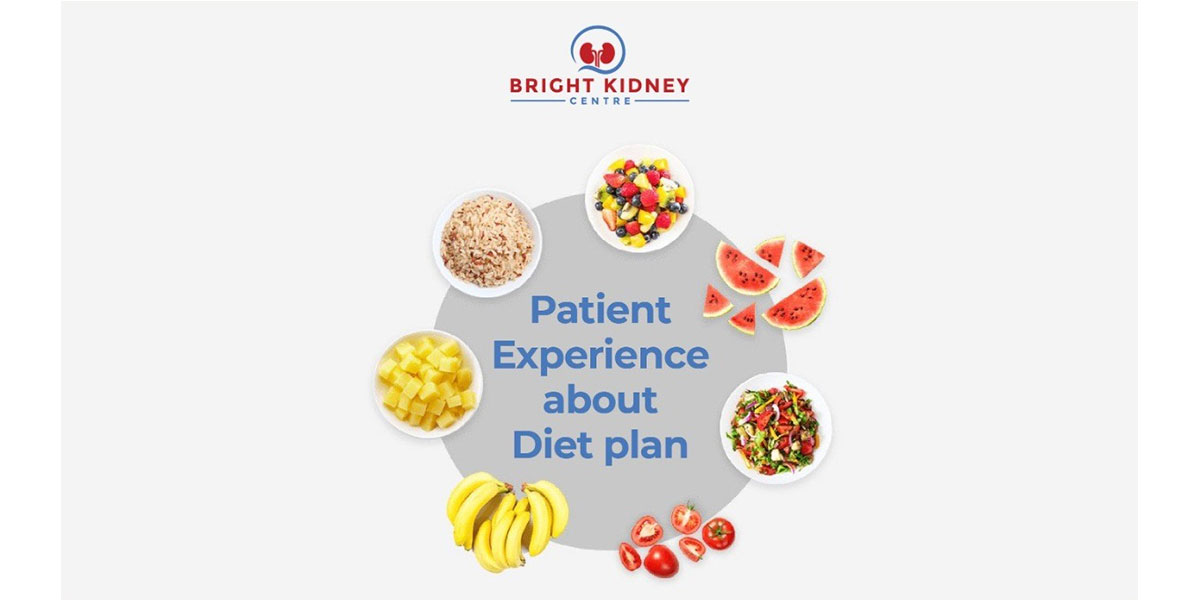Patient experience : Living with CKD – Food and its Importance
Consulting the best nephrology doctor in Hyderabad will confirm the stage of kidney disease you have and accordingly create a meal plan that will benefit your health.
About 5 years ago, I was diagnosed with chronic Kidney disease (CKD). Until then I was a typical housewife, looking after regular house chores and living a happy family life.
After being diagnosed with CKD, I naturally started worrying about my health. I began to work towards betterment of my health and my first step towards that goal was to understand the factors which affect my health. My aim was to keep my kidney functions stable and thriving.
Around 5 years ago, my creatinine levels worsened suddenly and I was put on dialysis. Some time later, my kidneys recovered and there was no need for dialysis, but I now had CKD.
I realised that food plays a major role in the management of CKD. The most important factor is what kind of food to eat, followed by discipline and regime. Iwas advised to eat a variety of food that gives various essential nutrients, vitamins, minerals, proteins, fat, etc and food that can be easily digestible.
In particular, if you are suffering from CKD, then you must take care about the food balance chemical constituents according to the kidney condition. Before CKD, I was not aware of the importance of meal timings and quantity. I did some research and understood the value of eating less frequently.
Herbs are also an important part of diet management of CKD. Even though I am not an expert to talk about Ayurveda, I personally believe that some herbs work like diuretics which is very helpful for CKD patients.
Based on the above knowledge, I devised a diet plan which could control my CKD progression and with a hope that it can delay the need to undergo dialysis.
As part of my diet plan, I avoided refined food items like salt, oil, rice, and all purpose flour, etc. I chose to eat whole grains with skin (black gram, green gram, brown rice, sorghum, pearl millet, legumes, lentils, etc, these gives essential proteins, and vitamins), raw vegetables (cucumber, carrot, beetroot), all other vegetables as cooked but with moderate quantity (to balance chemicals, for example, potato, coconut, banana that leads to more potassium), various fruits and nuts (to get essential vitamins, proteins, and fat), and leafy vegetables.
I start my morning with herbal tea made with Punarnava herb (which acts as a diuretic) on an empty stomach. Please note, this herb may be susceptible to generate some heat in your body. After a few hours I used to take 100 ml of ginger tea with milk. My lunch is filled with Brown rice, raw vegetables, and curries with cooked vegetables. My evening schedule involves having 100 ml of ginger tea with milk. My dinner includes millets such as Finger millet, Foxtail millet, Pearl Millet, Kodo millet, Little Millet etc in the form of Dosa or Idly. I enjoy non-vegetarian
food every fortnight, but a lesser quantity that includes chicken, and fish. I avoid red meat like lamb.
With this diet, I naturally eat less food so that toxic accumulation is reduced in thebody. This in turn reduces load on the kidney. Secondly, I believe my immunesystem works better as previously I used to have allergic conditions which I don’t experience any more. And more importantly, my creatinine has remained stable after 5 years and is oscillating between 2.7 and 3.2. I recommend that you please consult your doctors before starting any diet plan.

Leave a Reply